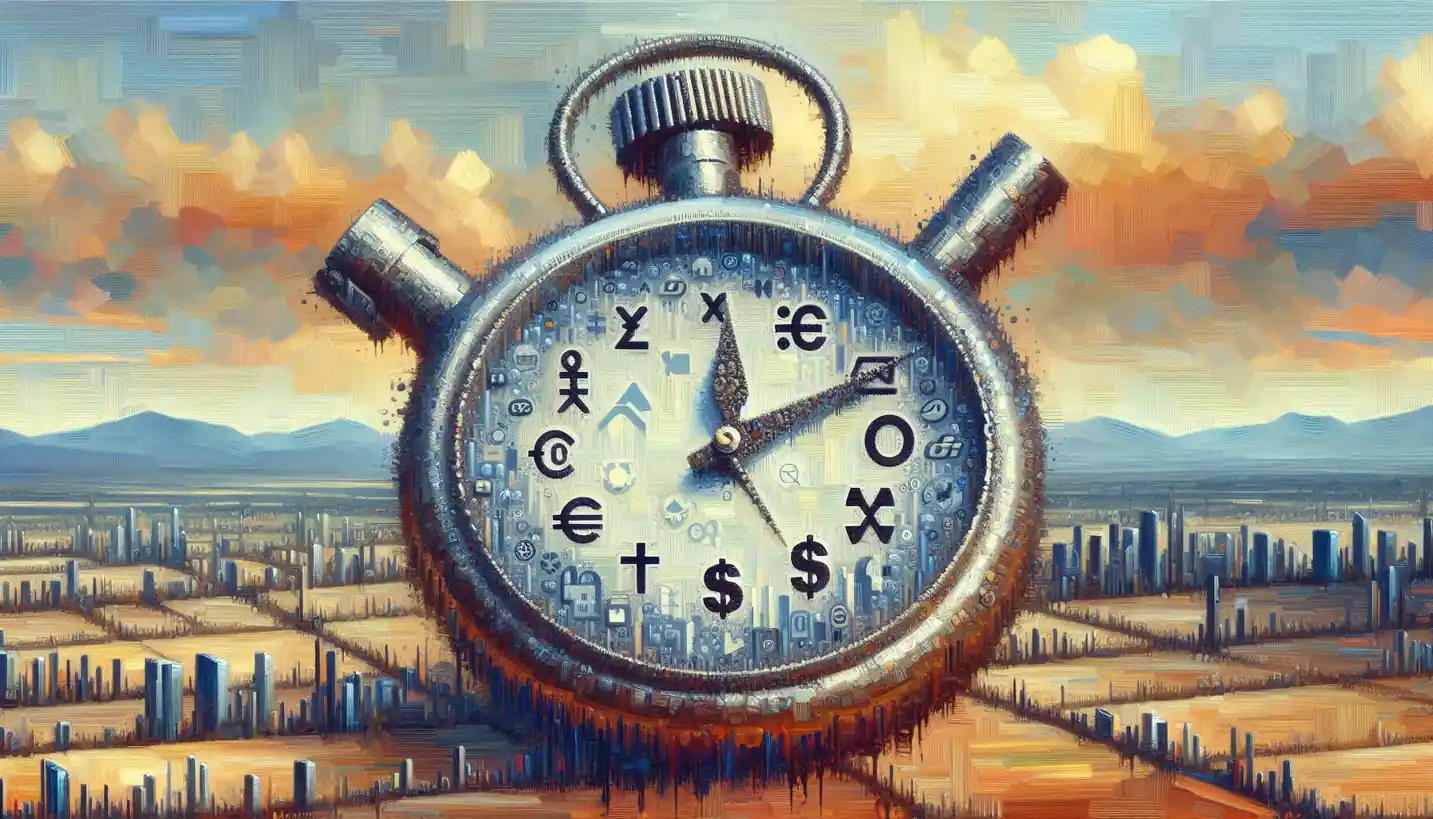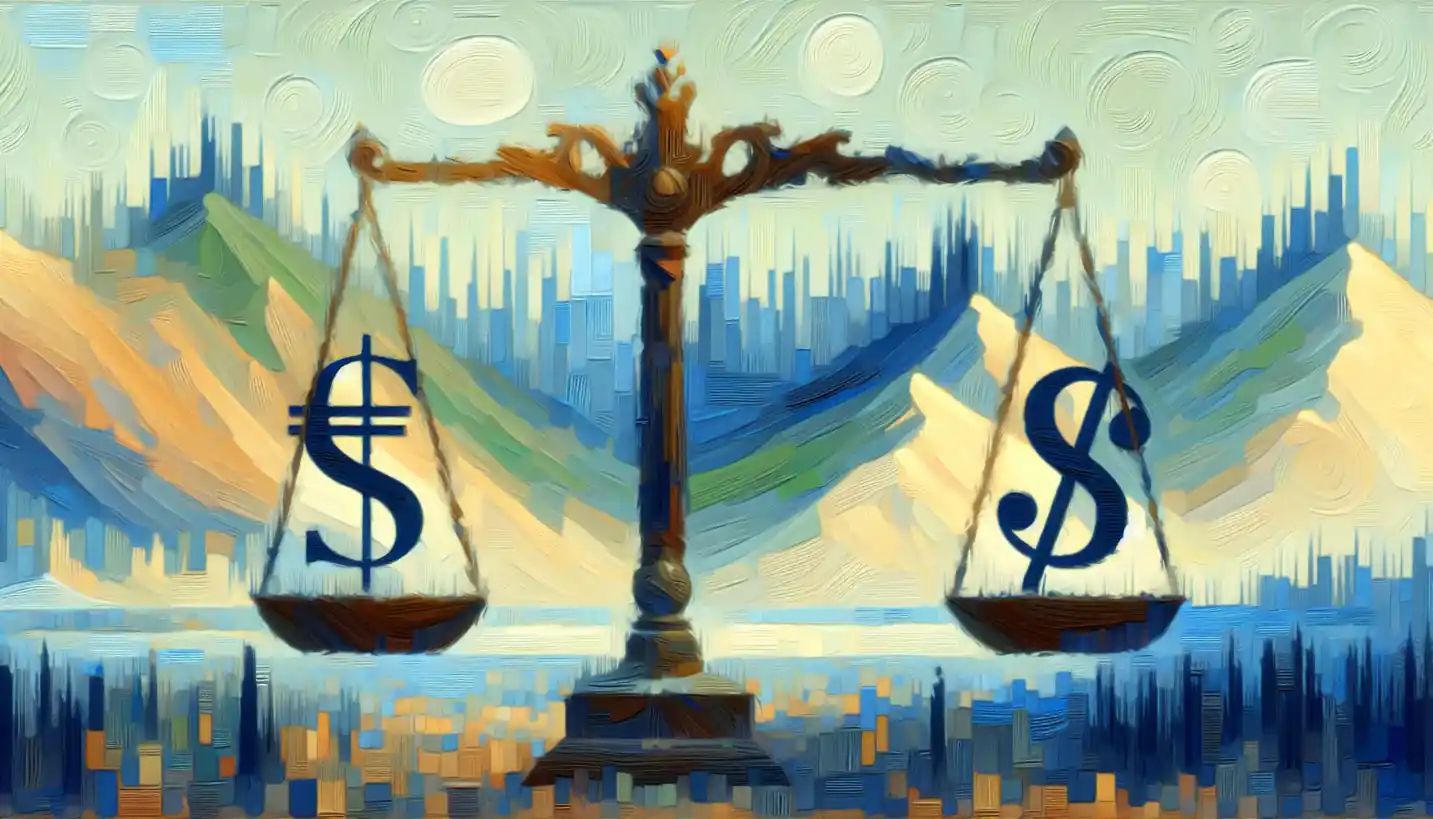· Economics · 4 min read
Neocolonialism: Understanding Its Economic Grip
Unravel the concept of neocolonialism and its economic influence in modern times, linking back to historical practices.

Once upon a time, the world saw the rise and fall of mighty empires that stretched across continents. As time went on, the overt form of control known as colonialism gave way to a more subtle version: neocolonialism. This concept, rooted deeply in economic history and economics, still influences global interactions today. So, what exactly is neocolonialism, and how does it affect our world?
The Birth of Neocolonialism
Let’s delve into the backdrop. After World War II, many countries around the world fought for and gained independence from colonial powers. This wave of self-determination was supposed to herald an era of autonomy and equality on the global stage. Instead, a new mechanism emerged, where former colonial powers and developed nations found ways to exert their influence over these newly independent states without direct political control. Enter neocolonialism.
The Mechanics of Economic Influence
Imagine a puppet master, but instead of strings, they use money, trade agreements, and investments. Neocolonialism operates through economic means, ensuring control and influence without the need for overt governance. Large corporations, international financial institutions, and even some governments play critical roles in this scenario.
Trade and Investment
Often, neocolonialism manifests through unbalanced trade agreements. Developed countries export expensive finished goods to developing countries while importing cheaper raw materials. This imbalance keeps developing nations reliant on developed ones, hindering their economic growth and development.
Debt and Aid
Another tool in the kit of neocolonialism is debt. Many developing nations are burdened with loans that they struggle to repay. The lenders, often richer countries or international bodies, then demand policy changes as a condition for debt relief or further financial aid. This can dictate how a country governs itself, aligns politically, or structures its economy.
Impacts on Developing Nations
The effects of neocolonialism ripple through economies, societies, and political landscapes. Developing nations often find themselves trapped in a cycle of dependency that can stifle their growth and development.
Economic Stagnation
With unequal trade and overwhelming debt, developing nations can experience prolonged economic stagnation. Instead of progressing to an industrialized economy, they might remain stuck in an agrarian state, unable to climb the development ladder.
Social Inequality
Neocolonialism can exacerbate social inequalities within countries. The elite, often benefiting from international investments and agreements, grow wealthier, while the majority face poverty and limited access to resources. This gap can lead to social unrest and political instability.
Political Manipulation
By controlling economic levers, neocolonial actors can sway political narratives and decisions. This influence can undermine democracy and sovereignty, leading to governments that cater more to external interests than those of their citizens.
Stories from Around the World
Let’s journey across the globe and glance at how neocolonialism has played out in different areas:
Africa’s Resource Curse
Africa, rich in natural resources, seems like the perfect candidate for prosperity. Yet, it often falls victim to the “resource curse,” where vast mineral wealth benefits foreign corporations more than the local populace. International companies extract resources, leaving behind minimal economic benefits for the community and significant environmental damage.
Latin America’s Debt Dependency
In the 1980s, many Latin American countries were caught in a spiral of debt, borrowing heavily from international lenders. To manage this debt, many had to implement structural adjustment programs, which often required severe budget cuts and neoliberal policies. These changes frequently led to economic hardship and social unrest, illustrating the powerful grip of financial neocolonialism.
Moving Towards Solutions
The path forward requires recognizing and addressing the subtle mechanisms of neocolonialism. Developing countries need to engage in fairer trade agreements, manage their resources better, and negotiate more equitable terms for debt.
Strengthening Regional Alliances
By forming regional coalitions, developing nations can increase their bargaining power on the global stage. This unity can help them negotiate better trade deals and resist unfavorable conditions imposed by richer countries.
Diversifying Economies
Focusing on economic diversification is crucial. By moving away from dependency on a single resource or sector, nations can build more resilient and self-sufficient economies, reducing their vulnerability to external pressures.
Building Infrastructure and Education
Investing in infrastructure and education allows countries to harness the potential of their own citizens. This empowerment can lead to innovation, entrepreneurship, and a stronger domestic market, decreasing reliance on foreign aid or investment.
The Future of Global Relations
The story of neocolonialism teaches us that even without direct control, powerful nations can shape the destinies of others. However, awareness of this influence is the first step toward change. By understanding and addressing these economic dynamics, we can move towards a more equitable world where nations stand on equal footing, not just in politics but in economic might. The journey ahead is complex, but with collective effort, a future free from the shadows of neocolonialism is within reach.


